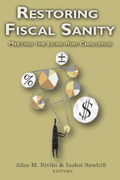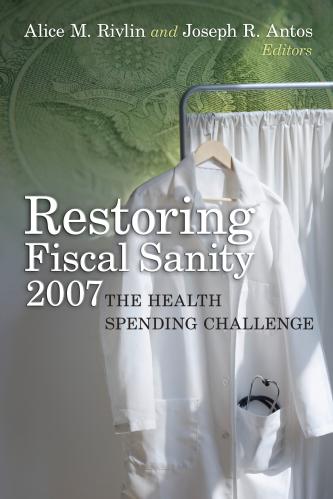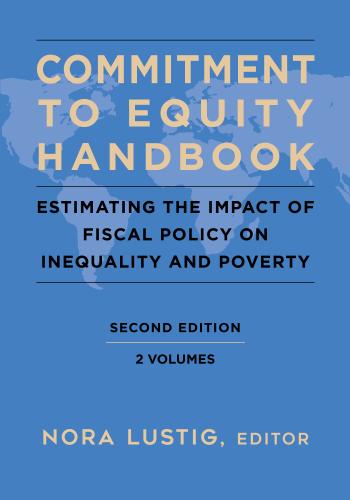Abstract
Many industrialized countries face significant medium-term fiscal deficits and unsustainable long-term fiscal trajectories. The recent fiscal crises in Greece and other countries are a stark reminder of the costs of ignoring these issues. The looming fiscal shortfalls and borrowing requirements they create are unprecedented. Restoring fiscal balance will demand a reworking of the fundamental, implicit or explicit social contracts in industrialized countries. More prosaically, the problem will be solved by some combination of spending reductions and revenue increases. In this paper, we focus on the challenges and opportunities that the fiscal problem creates for raising revenues and reforming taxation.
Introduction
Many industrialized countries face significant medium-term fiscal deficits and unsustainable long-term fiscal trajectories. The recent fiscal crises in Greece and other countries are a stark reminder of the costs of ignoring these issues. The looming fiscal shortfalls and borrowing requirements they create are unprecedented. Restoring fiscal balance will demand a reworking of the fundamental, implicit, or explicit social contracts in industrialized countries. More prosaically, the problem will be solved by some combination of spending reductions and revenue increases.
These fiscal shortfalls aside, tax reform itself is a laudable goal. Even if current and projected receipts were sufficient to support current and projected government services, the U.S. tax code could be made more equitable, efficient, and simple. Currently, the panoply of targeted deductions, credits, and exemptions yield widely varying tax rates across equally endowed tax units and across different forms of income and spending. Likewise, the progressivity of the overall system should be reexamined, as the incomes of high-income households have risen substantially in absolute and relative terms over the past thirty years while the effective tax rate for this group has fallen. The complexity of the tax code wastes administrative and taxpayer resources, and makes it more difficult to administer effective tax policy.
In this paper, we focus on the challenges and opportunities that the fiscal problem creates for raising revenues and reforming taxation. We focus on the fiscal problems and tax structure of the United States, but many of the lessons will be applicable to other countries as well.
We begin in section II by summarizing the fiscal outlook and reviewing the case for higher revenues as part of the solution. Sections III through V discuss the rationale for, and effects of, three sets of tax changes: reform of income tax expenditures, implementation of a value-added tax (VAT), and creation of new or increased taxes on nonrenewable energy use. Section VI provides concluding remarks.
The Brookings Institution is committed to quality, independence, and impact.
We are supported by a diverse array of funders. In line with our values and policies, each Brookings publication represents the sole views of its author(s).











